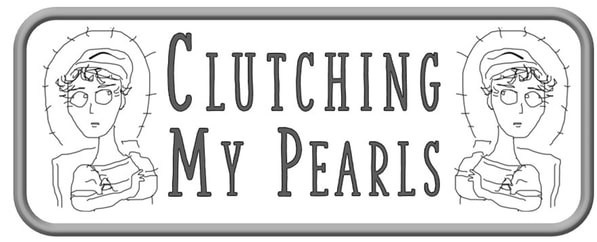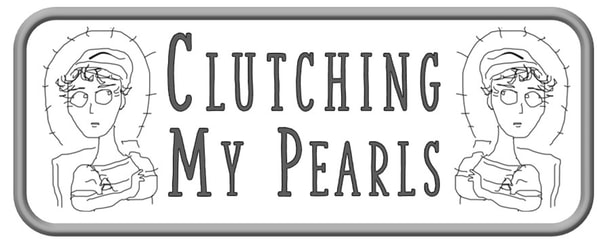| If you want superb writing and amazing delineations of character, you can't top Jane Austen. If you want a female author of the long 18th century who discusses imperialism, the status of women, race and class, there are plenty of writers who were more explicit on these issues. I've been featuring some on this blog. Today, meet "M.E." |
 Drifting off with a book
Drifting off with a book So goes one of several dismissive contemporary reviews for The History of Melinda Harley, Yorkshire (1777). The Westminster Review gave it only one sentence: “the history of an ephemera, that is born and dies on the same day.”
Another reviewer joked: “It is the general character of many romances, that they are good for nothing; but we must except the History of Melinda Harley from this censure, for we can affirm, from our own experience, that it is admirably calculated—to procure sleep.”
Ouch, ouch, and ouch, anonymous authoress! I feel for you. Yes, the plot is slight, the characters are wooden, and the detail is sparse, but I became quite interested in the wide variety of moralizing comments that Melinda Harley trades with her BFF Amanda Beaufort while Melinda is away visiting with family friends. The girls share their thoughts on the folly of dueling, the pending loss of the American colonies, and the consolations of religion.
Some of their exchanges are the sort Mary Bennet would approve of: “Most of our wants are artificial, and his happiness is much better assured who has learned to contract his desires.” “It is a great inducement to the exercise of benevolence, to view human nature in a fair light, and to put the best construction on one anothers’ actions.” Some remarks are explicitly political or feminist in tone.
Some of these epistolary sermonettes touch on situations with similarities to Austen novels. I am not saying Austen drew from this novel, rather, that both writers drew from topics and situations prevalent at the time. I will share a few examples but I won’t point out which passage in which Austen novel they remind me of. If you’re not a Janeite, it won’t be relevant to you, and if you are a Janeite, you don’t need me to tell you...







 RSS Feed
RSS Feed